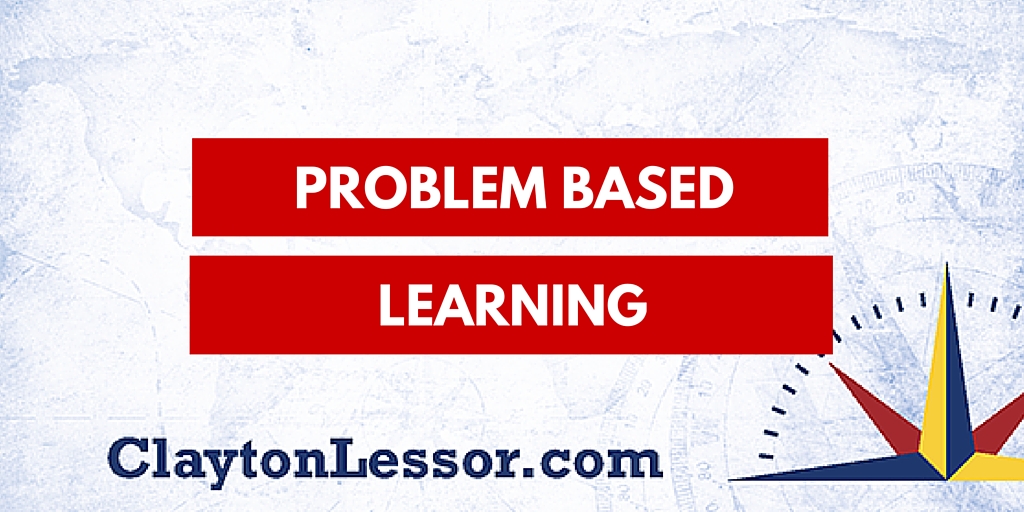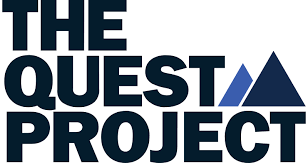Problem Based Learning

Under normal circumstances problem based learning, or PBL as it’s referred to, is “an approach that challenges children to learn through engagement in a real problem at home or school.”
How It Works
It’s a great process the schools are using to actually test the problem solving skills of students in various scenarios. Remember the word problems when you were a kid? Personally those were my least favorite math problem because they really made me think to find a solution!
Some corporations are doing “poverty simulations” with employees. It gives them the experience of what it’s like not knowing where the next meal is coming from, to living on a minimum weekly salary and managing a budget.
I get it, and I see the benefits!
The Dark Side of Problem Based Learning
I’d like to discuss what happens in a family dynamic that is less than desirable and how PBL can be a means of survival for your son. What does that mean?
I grew up in an abusive home; I know first hand how “problem based learning” can not only be a survival process, but a means to a day-to-day existence. For instance, I knew that when it was time for dad to get home from work I better have A, B, and C (whatever those tasks were) done or there would be hell to pay.
When your child is living in a home where there is abuse, he’ll problem base learn exactly what he needs to do and when to do it. When parents divorce, the kids will begin the process of problem based learning in their new separated family. When drugs or alcohol are being abused by the parent(s) children must adapt themselves, and how do they do this, problem based learning!
In my program, The Quest Project® I teach young adolescent boys problem based learning. I teach them how to keep from acting out, and to stay out of trouble when that’s all they know how to do.
What’s My Point?
I’ve described opposite ends of the spectrum here. My point is this, problem based learning is a wonderful thing under the right circumstances. Challenge your son to do things and solve problems, even those you might “do and problem solve” differently, it develops his critical and analytical thinking.
At a recent The Quest Project® graduation the majority of the young men had a goal of becoming a “video game designer.” Do you know why? Because they’re spending the “majority” of their time on video games, so naturally they want to design them (problem based learning)! Get him involved in projects and activities that go beyond gaming.
I remember as a kid when my mom or dad needed me to “fix something” or help with a project, as much as I outwardly objected, I really liked “figuring stuff out” in other words, problem based learning! So remember this:
- Tough love and natural consequences promote PBL in a good way!
- Punishment and spoiling make for negative PBL and more manipulative behavior!
Would you share a story of your experience with problem based learning?

